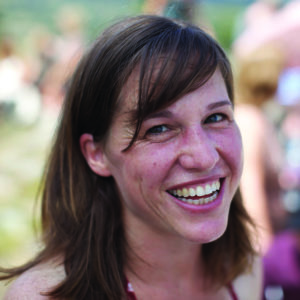Dispatches from the Frontiers of Modern Medicine
When my first husband Stephen was born with cystic fibrosis in 1968, the average life expectancy for a person with his illness was 10 years. By the time I met him at age 17, the average life expectancy had doubled. In 1986, the first successful double-lung transplant was performed, radically altering the possible life course for CF patients. In 1989, the gene causing CF was discovered, spurring research into new treatments. Adult CF clinics sprung up at hospitals, as patients began surviving into adulthood.
We lived in this shifting landscape, experiencing the cutting-edge of medicine first-hand. When Stephen was 22, he participated in the first trials for the drug DNase, which (by a different name) has become a standard part of CF treatment. He received a double-lung transplant in 1997, when the chances of surviving five years were one in two. He spent time at two university hospitals, where scientific investigation went hand in hand with care.
Together, we navigated the frontiers of modern medicine, grappling with the questions that arose from this strange place: What constitutes a life worth living? When is intervention worth pursuing, and at what cost? How does our experience of health care shape us, and how can we shape it? Join me as we explore what it means to live and die well on medicine’s frontiers.
Navigate the Site
2026 GoldLab Symposium
Save the date!
Please join on May 14-15, 2026Presenters In The News
Contact Info











